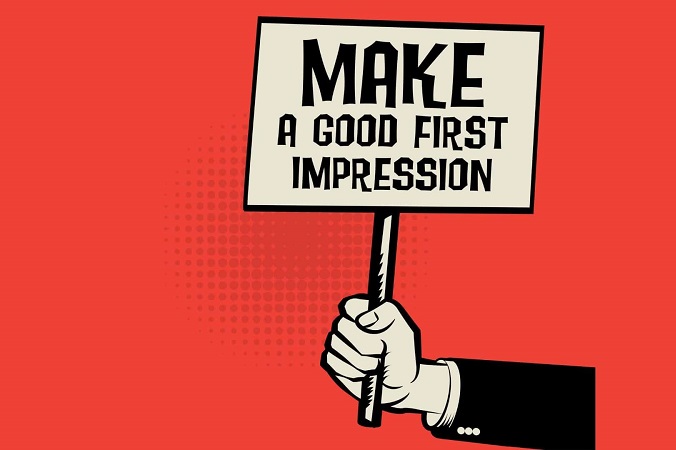It turns out that as humans, we’re pretty quick to make a judgement. There’s plenty of sayings and phrases that make this clear. Having a ‘gut feel’ or a ‘blink reaction’ are just two examples. Parents and teachers advising us to not rush to judge a book by its cover (because they know that this is something that everyone does) is another:
A lot of the time those snap judgements are about people or ideas. But that tendency to rush to judgement is also present in the online world, thus you should take this into account when you are designing and building your responsive website.
Snap Judgements
Some designers and web experts estimate that browsers will form an opinion about a website or app within one second of using it. That’s right: just one second. So that means that there is plenty of work to be done to ensure that the first impression you give browsers is a good one.
And to make that whole process simpler, we’ve collated some of the most relevant here.
Images Matter
There’s a reason that magazines thrived for a century, and why ecommerce didn’t really take off until we could upload high resolution images to websites. And that reason is images. Images, and their quality matter more than almost any other single element on a web page.
Humans are visual creatures. It’s estimated that most of the communication we do is non-verbal and conveyed through cues and tone. It’s the same online – ‘showing’ using pictures, graphics, slideshows and colours is far more effective than ‘telling’ using only words.
Text Matters
Obviously, the text on your website matters. But it’s not just about what it says. It’s also a lot about how much there is. Before we start reading, we assess just how much text there is. And if you’re like the majority of people, an impression of a big ‘wall’ of text will quickly cause you to click away or skim.
The text you choose to display should be as short as possible, and to the point. This is doubly true for landing pages and home pages. So write your text, then be brutal and cull as much as you can without losing meaning. It will make a big difference to the effectiveness of your web pages.
Colour Matters
Having a blog or a corner of your website that doesn’t match the rest can be jarring for browsers. Every page should look like it’s come from the same author (your company) even if it has different writers behind the scenes working on it. This is what consultants refer to as ‘brand voice’ and ‘brand tone’. Pick a set of colours and colour schemes you will use consistently. If helps to use your logo for inspiration. and after that, stick to them throughout your website.
Get to the Point
Having huge paragraphs or long, compound sentences really affects the readability and usefulness of your website. Too often, people will use long, florid, overly-descriptive, repetitive and boring language to make their point (just like we did in the sentence you just read). It’s so much better to choose the best words and get to the point fast. It looks better. It feels sharper. And you get your message across more effectively.





